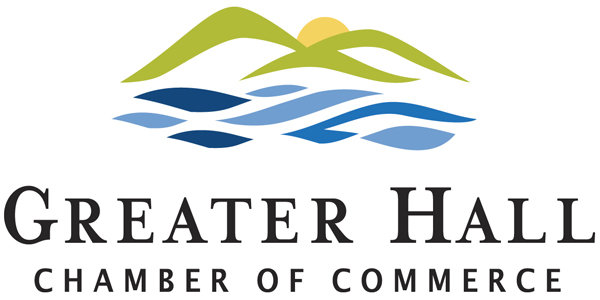I have had the opportunity to talk to many corporate relocation prospects over the past few years and a few of their perceptions of Georgia as a place to conduct business stand out. When considering a state, companies tend to consider five major criteria: infrastructure, access to healthcare, the business environment, the educational system and quality of life issues.
Georgia generally scores well in the area of business infrastructure, with an extensive interstate highway system, the world’s busiest airport, robust telecommunications and energy infrastructures, numerous rail connections and the Savannah and Brunswick ports. Likewise, Georgia boasts an extensive healthcare delivery system that includes several world-class facilities.
Georgia’s business environment was once considered a solid state asset because of our tax structure and investment incentives. Today, the business environment is seen as a mixed bag because our civil justice system is seen as an area in need of fundamental reform.
To quantify this growing problem, a state liability systems ranking study was compiled by the U.S. Chamber of Commerce in March where Georgia ranked 39th for states with a fair and reasonable litigation climate. You can rest assured that corporations, when making expansion or relocation decisions, reference this ranking.
If there were ever a poster child for civil justice reform, it would be the Carnett Car Wash case that is currently pending before our courts. Carnett, a family owned business in Gwinnett County, is facing potential damages of more than $100 million for simply hiring a marketing firm to fax coupons to consumers for discounts on car washes.
Fortunately, Carnett’s owners had the foresight to protect themselves against this type of devastating loss by carrying liability insurance. The bottom line is: This case clearly shows that our civil justice system has strayed far from the concept that “the punishment must fit the crime.”
The criterion that has historically been Georgia’s Achilles heel, our educational system, may be the most important as well as the toughest to quickly remedy. Business leaders typically ask two questions about a state’s primary and secondary educational system. First, is the system producing graduates that are prepared to successfully enter the work force, and secondly, if I were to move to the state would I feel comfortable putting my own children in this educational system?
Everyone who has spent any time in Georgia is familiar with the statistics. When year after year we read in the newspaper that Georgia’s students rank at or near the bottom of the national rankings in SAT scores, we all know that this is not just a problem for the state¹s national image, it is a problem that has the potential to stunt the state¹s economic vitality for years to come.
While these statewide educational statistics are disturbing, there appears to be a ray of light at the end of this dark tunnel. In the past few years, legislation at the state and federal level to inject additional levels of accountability into our school systems seems to be paying early dividends.
Georgia’s business community must continue to work with our legislators to pass fundamental civil justice reform and with our educators to improve the state¹s educational results. We must all dedicate ourselves to staying involved and accomplishing these essential reforms in order for Georgia to reach its economic potential.
Phil S. Jacobs is President of Georgia Operations for BellSouth. He currently serves as 2004 Chairman of the Georgia Chamber of Commerce and Chairman of the Georgia Department of Economic Development (formerly called the Georgia Department of Industry, Trade and Tourism).
